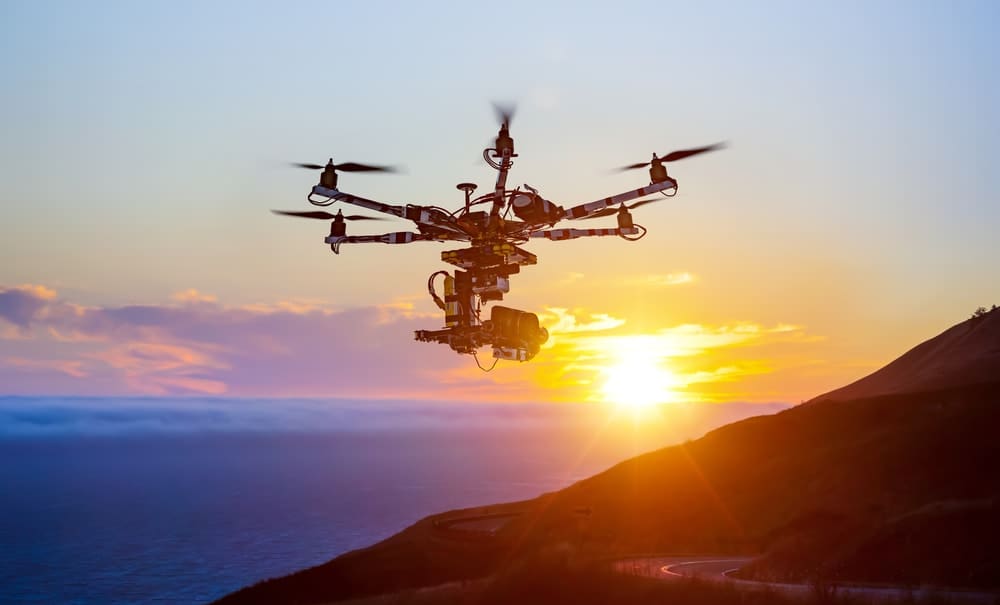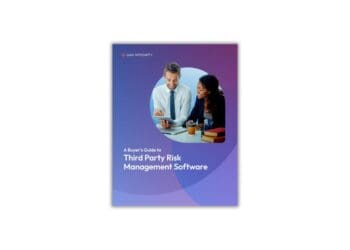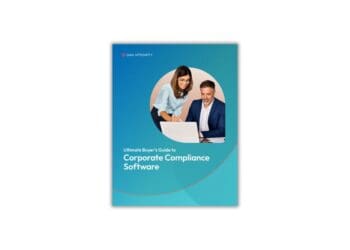Four Ways to Protect Yourself
U.S. businesses can now hire any number of drone-operating vendors to help them do inspections, filming, testing, spraying and more. This creates tremendous efficiencies and can save lives. However, with respect to compliance and risk-management, hiring third-party drone services creates questions that merit careful consideration. In this column, veteran aviation attorney Mark A. Dombroff discusses some of the risks and offers tips to help shield your company from liability.
A gas company needs to inspect a far-flung pipeline. A brokerage firm seeks aerial views of a shopping mall. A pizza chain envisions delivering a pie to home plate as part of a baseball-themed ad campaign. In each of these hypothetical cases, management could turn to technology that is increasingly becoming part of American life—Unmanned Aerial Systems (UAS), or “drones” for short.
While the U.S. military has been flying drones for 30 years, the whirring, remote-controlled aircraft are now on the shelf at just about every discount store or electronics retailer in the country. They are also getting cheaper and better by the day. According to one estimate, Americans will have purchased an estimated 1.6 million drones in the 2017 holiday season alone. Higher-end UAS, which are suitable for a wide range of commercial purposes, are also easily available on websites like DroneFly or Drones Etc.
It all means that U.S. businesses can now hire any number of drone-operating vendors to help them do inspections, filming, testing, spraying and more. This creates tremendous efficiencies, and it will save lives. (What would you rather do, climb a 200-foot tower or use a drone to conduct that inspection?)
With respect to compliance and risk management, however, hiring third-party drone services creates questions that merit careful consideration.
For commercial entities, risk management is always a numbers game. And with respect to drones, the unfortunate truth is that accidents—while rare—are already happening. This past September, a person piloted a drone into Petco Park stadium in San Diego, Calif., and promptly crashed it into fans sitting in the upper deck. That same month an unlicensed pilot flew a drone into a U.S. Army Black Hawk helicopter over New York Harbor. According to investigators, he was unaware of federal regulations—not to mention two no-fly zones related to a meeting of the U.N. General Assembly. The accident marked the first confirmed collision between a drone and a passenger aircraft in the United States. Then in October 2017, in the first such incident of its kind in Canada, someone crashed a drone into a SkyJet Airlines plane on its approach to Jean Lesage International Airport in Québec City.
Technically speaking, the federal government considers drones to be airplanes. Whenever drones are flown for commercial purposes—everything from wedding photography to inspection of industrial smokestacks—their use is subject to Part 107 of the Federal Aviation Regulations. That means that companies, when they hire drone-operating vendors, need to carefully scrutinize those vendors’ compliance status. After all, nightmare scenarios here involving lack of compliance are easy to imagine: A utility unknowingly hires an unlicensed, inexperienced drone operator to inspect some power lines. After the pilot hits a line and causes the drone to careen onto a nearby highway, a deadly traffic accident ensues. Could the utility be sued? Absolutely. Existing case law established lines of liability that would be applicable here long ago, as when a travel agent fails to check on the compliance status of a charter operator with multiple FAA violations and a revoked pilot’s license.
Before hiring a vendor for drone-related services, consider taking the following steps.
- Confirm and get in writing that only federally tested and licensed pilots will operate drones on behalf of your company; as part of this due diligence, be sure to check the certificates of all pilots that the vendor’s employ who will be conducting flights for you as well as their flight records.
- Be sure that the third-party vendor is properly insured to cover drone operation. This is not a given. Insurers often consider aviation a special risk category that requires either a separate policy or an endorsement that provides coverage for drones as an addition to an existing policy.
- Consider requiring the vendor to add your company to its insurance policy as an additional insured, a standard risk-management practice across American business.
- If the third-party service provider plans to fly the drone within airspace that encompasses airport operations, as is permissible under existing regulations under approved conditions, work carefully with that provider to assess any associated risk of collision with low-flying planes, as well as any potential risk of distracting pilots flying into or out of this airspace. The licensed operator should always put safety ahead of what is technically allowed. Ask hard questions, up to and including getting a “second opinion” from other experts, to make sure this is the case. In addition, my general recommendation to clients is that they avoid sanctioning drone operations near roads or highways, in the proximity of crowded locations (marathons, stadiums, concerts, etc.) or at the highest altitude ranges for commercial drones. Again, the concern here is primarily about managing risk: Even if the flight in question is permissible under FAA rules, you want to do all you can to be sure the benefits truly are substantial enough to warrant the risks.
As an avid drone pilot myself—I own five so far—I am a big believer in the power of this technology to yield a wide range of benefits for American businesses and society. This can only happen, however, if companies and hobbyists alike are diligent about following the rules. Fortunately, U.S. aviation already has an incredible track record on safety. I believe our system will successfully integrate drones into its existing safety/compliance methodologies in relatively short order. Nonetheless, companies need to take prudent steps to protect themselves from any potential liability that could accrue when drones take to the skies on their behalf.



 Mark A. Dombroff, Esq., veteran aviation attorney, is an Alexandria, Va.-based shareholder in LeClairRyan and co-leader of the national law firm’s aviation industry practice; mark.dombroff@leclairryan.com.
Mark A. Dombroff, Esq., veteran aviation attorney, is an Alexandria, Va.-based shareholder in LeClairRyan and co-leader of the national law firm’s aviation industry practice; mark.dombroff@leclairryan.com. 








